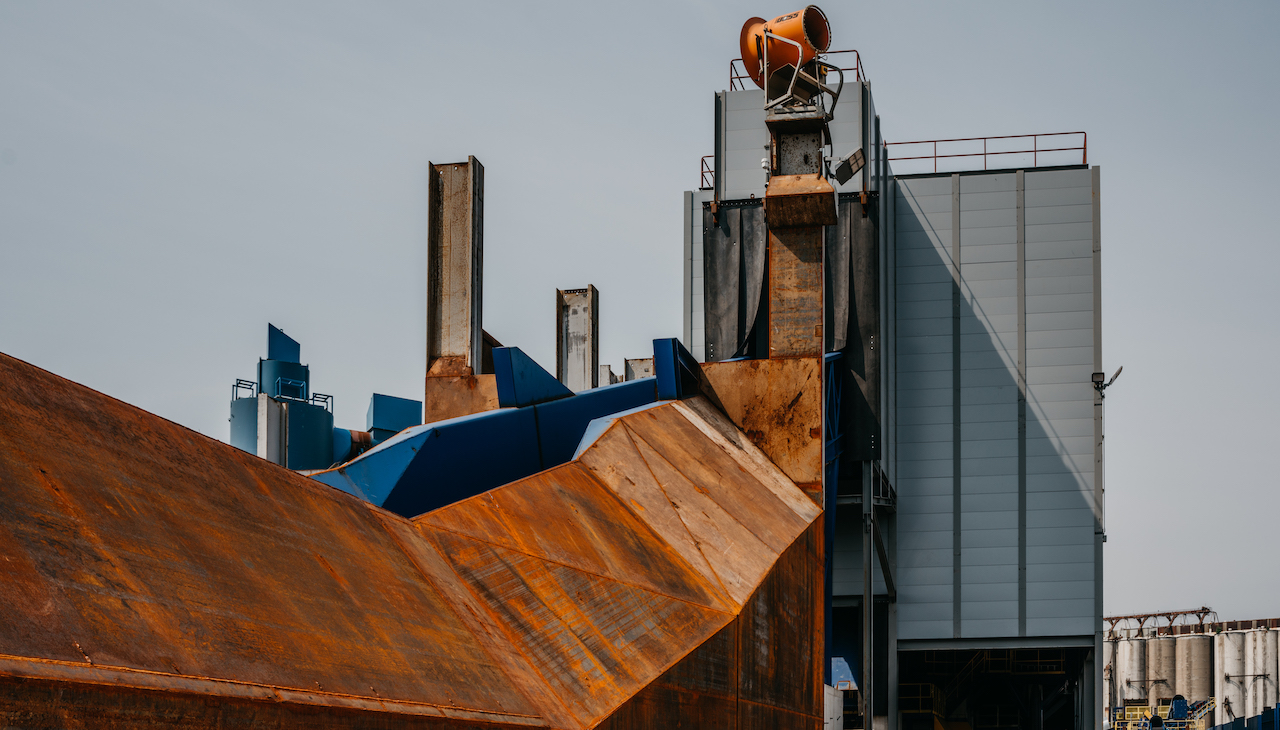
Chicago violated civil rights over movement of polluted business to Black & Latino neighborhood, per HUD investigation
The United States Department of Housing and Urban Development concluded a two-year investigation into the city, and found it put residents in danger.
According to the findings of a two-year federal investigation, the Department of Housing and Urban Development has found the city of Chicago in violation of civil rights of its residents, in a proposal that would have moved a polluted scrap metal facility from a mostly white neighborhood to a majority Black and Latino neighborhood, after pollution complaints from the former.
According to the Chicago Sun Times, General Iron is a controversial scrap metal company that held its operations in the mostly white neighborhood of Lincoln Park before deciding in 2019 to move to the majority Black and Latino Southside of Chicago because of pollution complaints from Lincoln Park residents.
Mayor Lori Lightfoot’s office received the results of the investigation from HUD on Tuesday, July 19, and they were also obtained by NBC News. At the time of the initial proposal in 2019, local residents and activists spent two years fighting to reject it on grounds of environmental and public health. This was after concerns of high pollution were already an issue in Chicago’s Southside.
According to the report a “broader policy of shifting polluting activities from White neighborhoods to Black and Hispanic neighborhoods, despite the latter already experiencing a disproportionate burden of environmental harms,” is in violation of people’s civil rights. The report also called on Lightfoot’s office to create an “enhanced fair housing planning process that includes planning for overcoming disparities in environmental impacts.”
Also in the report, “the city’s disregard for the Southeast [side] residents’ concerns stands in contrast to the city’s receptiveness to the complaints of the Lincoln Park residents that the relocation aimed to address.”
In addition to this, if no action comes from the Mayor’s office, a federal grant to the city of $345 million distributed among 13 departments will be blocked. However, Lightfoot’s office has denied the findings of the report.
“Unfortunately, HUD leaked their letter, as they have done in the past…We will respond given the opportunity but any allegations that we have done something to compromise the health and safety of our Black and Brown communities are absolutely absurd; we will demonstrate that and prove them wrong,” said the Mayor’s office in a statement.
RELATED CONTENT
Between December 2019 and March 2020, General Iron was accused by authorities on 11 counts of pollution and nuisance in Lincoln Park. After two explosions on the property later in May 2020, the Mayor agreed to the relocation of the yard to the Southside as part of an “exit plan.” Ultimately, the Mayor’s office retracted their original plans and denied the operating permit needed.
According to the city of Chicago’s health data, residents in the Southeast side of Chicago, which is filled with different industrial industries such as trucking, cementing, and manufacturing, heavily pollutes the air, and are at higher risk for asthma and lingering health issues than those in the North side of the city.
Pollution and air quality has been an issue in Chicago for a long time as according to the American Lung Association, the city ranks in the top 20 of worst metropolitan areas for air quality, where the Black and Latino communities are more susceptible to childhood asthma as a result.
In a joint statement from the groups responsible for the victory they said, “The tide of segregation and environmental racism in Chicago has been devastating Black and Brown communities for far too long…This federal investigation from HUD shows without a doubt that systemic racism in Chicago is creating sacrifice zones and putting the most vulnerable in harm’s way. All eyes are now on the Mayor’s office and City Council to take accountability and end the systems that allow the dirtiest industries to pile up in our communities.”











LEAVE A COMMENT:
Join the discussion! Leave a comment.